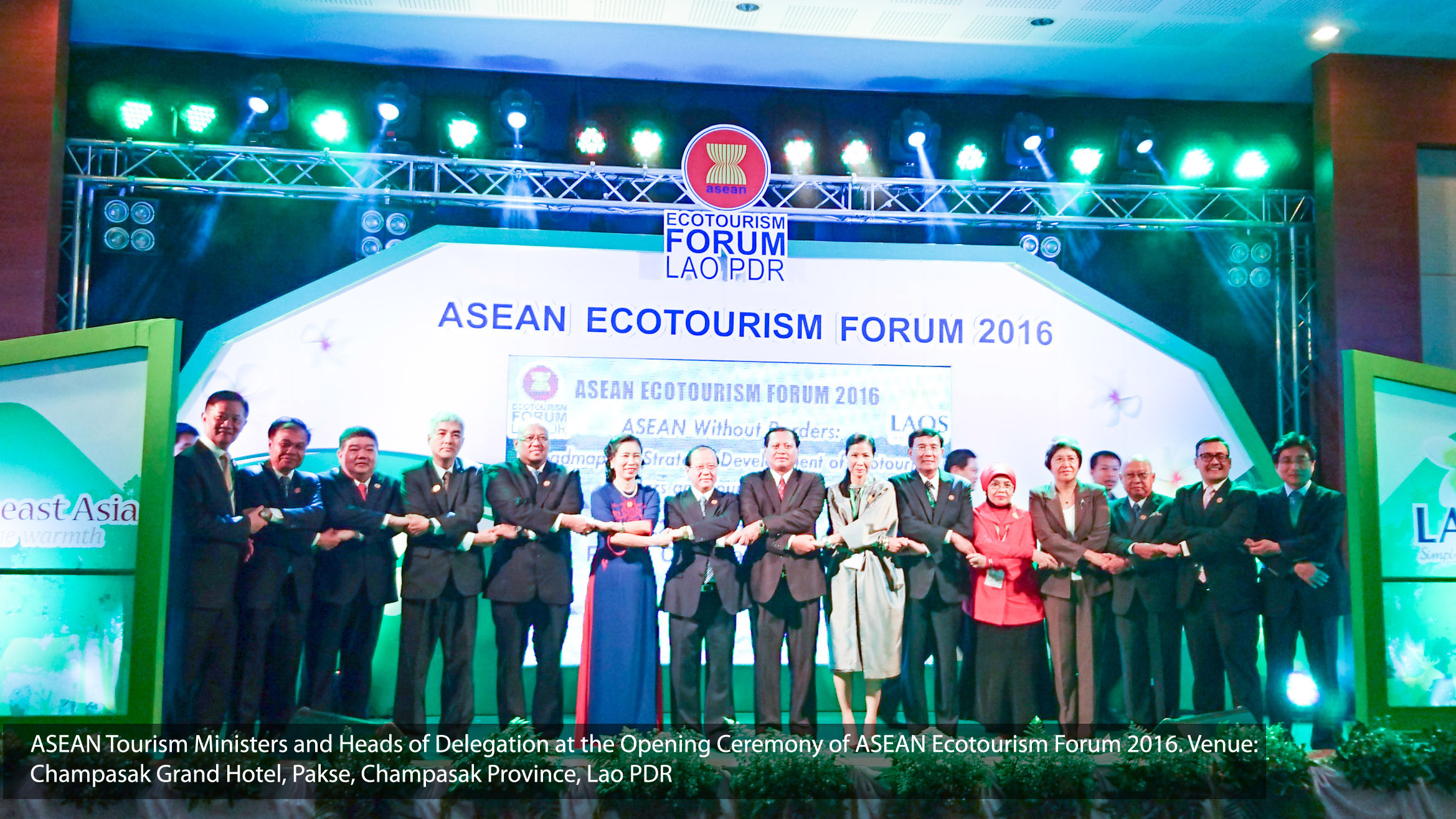
MANILA – No member of the Association of Southeast Asian Nation (ASEAN) is seen to withdraw from the economic bloc, akin to the situation of United Kingdom’s separation from the European Union (EU), a trade official told reporters Monday.
Department of Trade and Industry (DTI) Undersecretary Ceferino S. Rodolfo said what happened in EU will not be replicated in ASEAN as the latter’s level of integration and its model is different from the former.
Rodolfo said ASEAN has learned a lot from EU.
“We see no threat like in EU here in ASEAN,” the official said in Filipino.
“ASEAN has learned from the EU, from the euro crisis in 2007, 2008, for example. Its members already know what to do,” he added noting that the 10-member nations have no plans for a common currency in the region.
At the last day of 2015, ASEAN member-states welcomed the ASEAN integration.
Under the ASEAN Economic Community (AEC), the region aims to be a single market and production base through freer flow of goods, services, investments and capital, and skilled labor; a competitive economic region; equitable economic development; and integration to the global economy.
The AEC also enables enterprises in ASEAN to significantly minimize transaction costs and optimize trade gains by lowering tariffs, streamlining export and import procedures, easing access to suppliers, and better business licensing processes, among others.
In 2007, the 10 member states agreed for early establishment of AEC during the ASEAN Summit in the Philippines in 2007. The implementation was initially set in 2020.
ASEAN, established in 1967, is composed of Brunei Darussalam, Cambodia, Indonesia, Laos, Malaysia, Myanmar, the Philippines, Singapore, Thailand, and Vietnam.